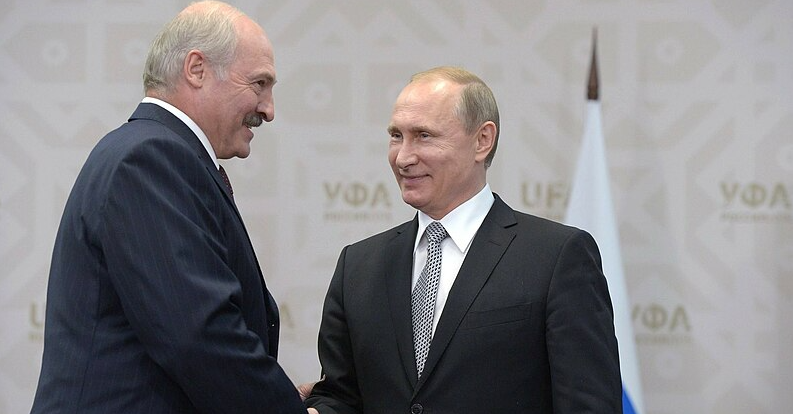Belarus and Russia launch unexpected tactical nuclear weapon drills, testing the readiness of their joint military capabilities.
Others are reading now
Belarus and Russia have initiated an unexpected readiness exercise to test tactical nuclear weapons capabilities.
The Belarusian Ministry of Defense announced that the drills involve the deployment of tactical nuclear warheads to military units, loading them onto deployment systems, and mounting them on aircraft such as the Su-25 fighter jets.
A Synchronized Military Effort
The exercise includes units equipped with Russia’s “Iskander” missile systems and Belarus’s “Polonez” multiple rocket launch systems.
This operation is not only a test of hardware but also of the personnel’s ability to execute nuclear strikes under the directive of both Belarusian and Russian military commands.
Also read
The Defensive Posture of Belarus’s Military Doctrine
The Belarusian Defense Minister, Viktor Khrenin, emphasized the comprehensive nature of these drills, which encompass planning, preparation, and the actual execution of tactical nuclear strikes.
He noted that the exercise is part of a broader strategy to maintain readiness for defensive operations.
Following the update of its military doctrine on April 25, Belarus continues to underline its defensive stance.
The doctrine explicitly lists the countries from which threats may arise and maintains that tactical nuclear weapons serve as a deterrent, not a tool for aggression.
Belarusian President Alexander Lukashenko has reiterated that the nation will not be provoked into offensive action and regards nuclear capability as a means of securing peace.
The updated military doctrine also highlights Belarus’s readiness to act as a platform for conflict resolution and to initiate global dialogue on security. This stance positions Belarus not only as a participant in international security matters but also as a potential mediator.
Not Nuclear Blackmail but Deterrence
The deployment of Russian tactical nuclear weapons to Belarus has been described by Minister Khrenin as a deterrence measure, providing Belarus with sufficient capabilities to deliver substantial damage if necessary to thwart any potential aggressor.
This strategic move, according to statements from Russian President Vladimir Putin in March 2023, does not violate the New START treaty commitments, underscoring a shared commitment between Moscow and Minsk to enhance regional security through balanced power.


